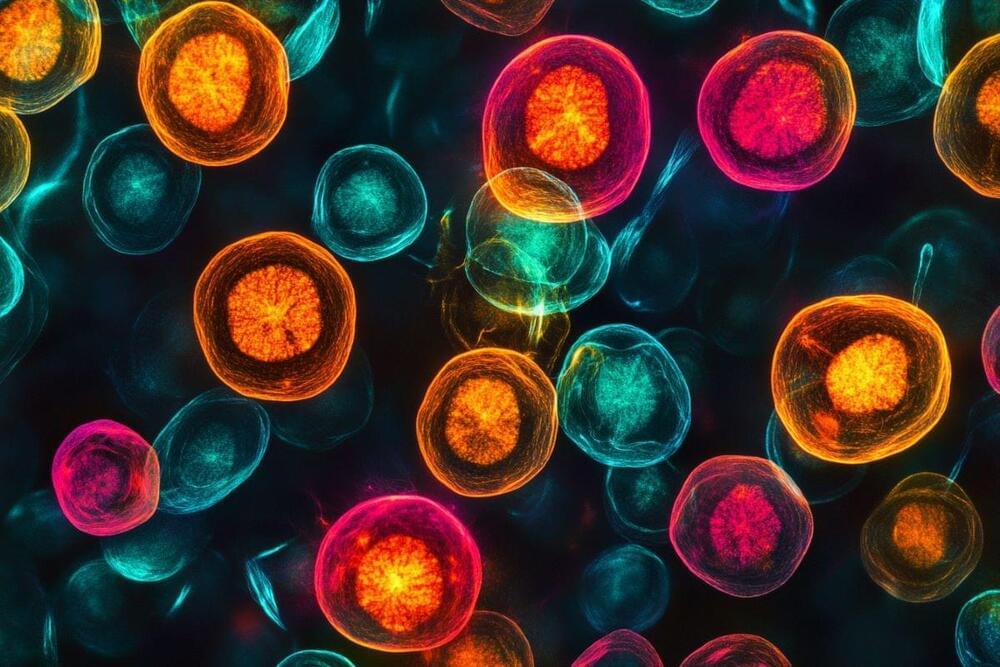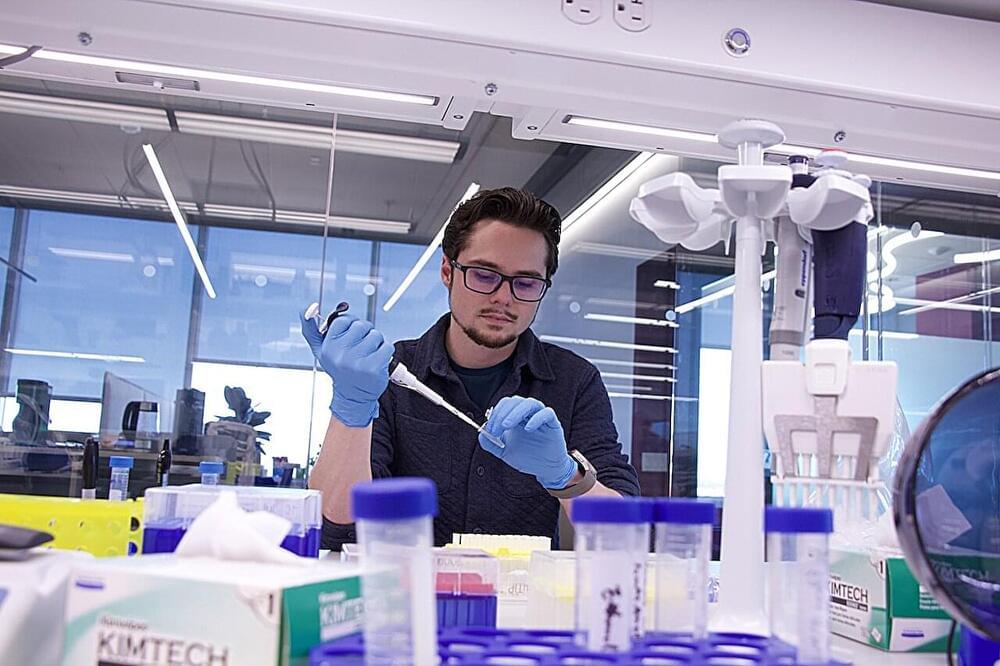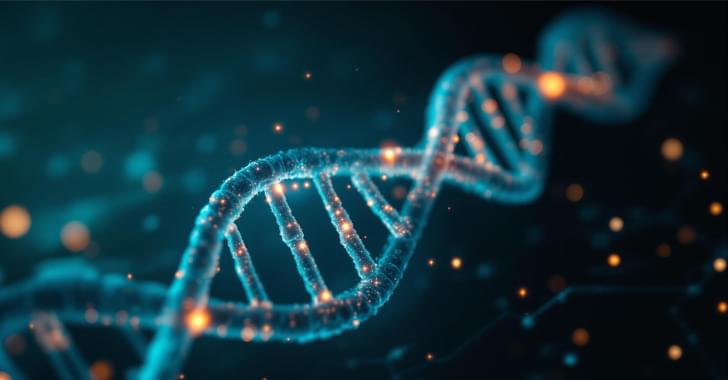Researchers unveil how biological sex influences brain aging, revealing genetic, hormonal, and molecular mechanisms behind cognitive resilience and decline.


Throughout history, humanity has spun horrifying tales of sapient species beyond our own. From ghastly subhuman creatures dwelling in decrepit subterranean lairs to ghoulish humanoids bent on destruction, these lores have delighted and terrified us in equal measure. The medieval period was rife with legends of menacing beings lurking in the shadows, while centuries later, the Industrial Revolution ushered in scientific breakthroughs in anatomy and genetics. With this came a new question: could other sapient beings truly exist?

It is pleasure for us to bring the ECFG conference to the island of Ireland from mainland Europe, we believe the conference will be a great scientific and social success.
We believe that Ireland is an ideal location which is accessible with low fare economic flights both from Europe and America and more than 20,000 hotel bed capacity for potential participants.
There will be a rich repertoire of research highlights from early, mid and advanced career researchers in the field of fungal genetics and biology. Our venue, the Convention Centre Dublin, is in a perfect location in the heart of Dublin city.
Join us on Patreon! https://www.patreon.com/MichaelLustgartenPhD
Discount Links/Affiliates:
Blood testing (where I get the majority of my labs): https://www.ultalabtests.com/partners/michaellustgarten.
At-Home Metabolomics: https://www.iollo.com?ref=michael-lustgarten.
Use Code: CONQUERAGING At Checkout.
Clearly Filtered Water Filter: https://get.aspr.app/SHoPY
Epigenetic, Telomere Testing: https://trudiagnostic.com/?irclickid=U-s3Ii2r7xyIU-LSYLyQdQ6…M0&irgwc=1
Use Code: CONQUERAGING
NAD+ Quantification: https://www.jinfiniti.com/intracellular-nad-test/

Summary: Researchers have developed an AI model that accurately predicts gene activity in any human cell, providing insights into cellular functions and disease mechanisms.
Trained on data from over 1.3 million cells, the model can predict gene expression in unseen cell types with high accuracy. It has already uncovered mechanisms driving a pediatric leukemia and may help explore the genome’s “dark matter,” where most cancer mutations occur.

Influential inventions often combine existing tools in new ways. The iPhone, for instance, amalgamated the telephone, web browser and camera, among many other devices.
The same is now possible in gene editing. Rather than employ separate tools for editing genes and regulating their expression, these distinct goals can now be combined into a single tool that can simultaneously and independently address different genetic diseases in the same cell.
In a new paper in Nature Communications, researchers in the Center for Precision Engineering for Health (CPE4H) at the University of Pennsylvania School of Engineering and Applied Science (Penn Engineering) describe minimal versatile genetic perturbation technology (mvGPT).

Summary: While humans share over 95% of their genome with chimpanzees, our brains are far more complex due to differences in gene expression. Research shows that human brain cells, particularly glial cells, exhibit higher levels of upregulated genes, enhancing neural plasticity and development.
Oligodendrocytes, a glial cell type, play a key role by insulating neurons for faster and more efficient signaling. This study underscores that the evolution of human intelligence likely involved coordinated changes across all brain cell types, not just neurons.


Summary: Researchers have developed a Genetic Progression Score (GPS) using artificial intelligence to predict the progression of autoimmune diseases from preclinical symptoms to full disease. The GPS model integrates genetic data and electronic health records to provide personalized risk scores, improving prediction accuracy by 25% to 1,000% over existing models.
This method identifies individuals at higher risk earlier, enabling timely interventions and better disease management. The framework could also be adapted to study other underrepresented diseases, offering a breakthrough in personalized medicine and health equity.

A study from the University of Minnesota Medical School links social stress to accelerated aging, finding that stress damages DNA
DNA, or deoxyribonucleic acid, is a molecule composed of two long strands of nucleotides that coil around each other to form a double helix. It is the hereditary material in humans and almost all other organisms that carries genetic instructions for development, functioning, growth, and reproduction. Nearly every cell in a person’s body has the same DNA. Most DNA is located in the cell nucleus (where it is called nuclear DNA), but a small amount of DNA can also be found in the mitochondria (where it is called mitochondrial DNA or mtDNA).